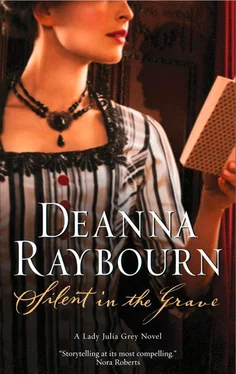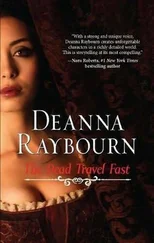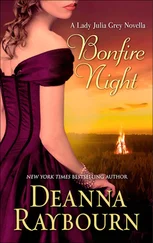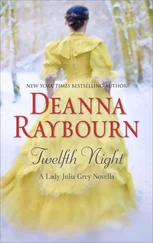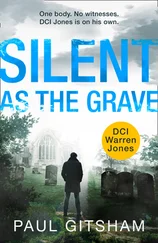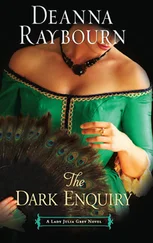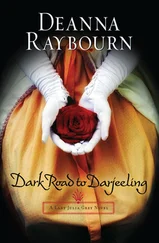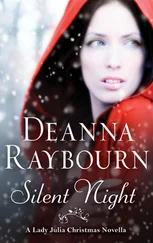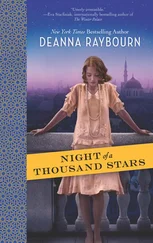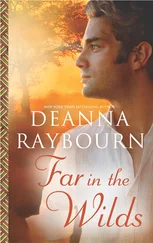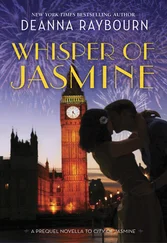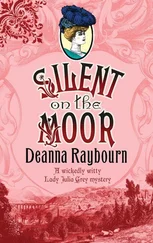“And I am sure a pound or two will find its way into the coffers of the Society of Shakespearean Fellows,” I told Father. He beamed. The society was his pet, as the refuge was Aunt Hermia’s. It mostly consisted of a group of aging men writing scholarly papers about the playwright and scathing commentaries on everyone else’s papers. There was a good deal of recrimination and sometimes even violence at their monthly meetings. Father enjoyed it very much.
“Thank you, my dear. I shall dedicate my current paper to you. It concerns the use of classical allusion in the sonnets. Did you know—”
And that is the last that I heard. Father was entirely capable of wittering on about Shakespeare until doomsday. I sipped at my tea and let him talk, feeling rather drowsy. The numbness of the morning had worn away and I was simply bone tired. I drained the last sip of tea and went to replace it on the saucer.
But as I put it down, I noticed the spent tea leaves, swirled high onto the cup, curved perfectly into the shape of a serpent. I was no student of tasseomancy. I could not remember what the coil of a serpent meant. But we had known Gypsy fortune-tellers in Sussex, and I had had my future read in the leaves many times. I did not think that snakes were pleasant omens. I shrugged and tried to listen politely to Father.
It was weeks before I troubled myself to discover what the serpentine tea leaves actually foretold. By that time, though, the danger was already at hand.
Murder most foul, as in the best it is, But this most foul, strange, and unnatural.
—William Shakespeare
Hamlet
My family lasted only as long as the funeral baked meats and libation held out. As soon as the platters were emptied and the decanters drained, they left, and Father took me back to Grey House. It looked different now, with its mourning wreaths and hatchments, muffled door knocker and shuttered windows. The mirrors and servants were draped in black crepe—not a particularly useful or attractive addition in either case. It was the most depressing homecoming I had ever known, and as the door shut solidly behind Father, I felt like the Mistletoe Bride.
Thank goodness for Morag. She took one look at my woeful face, handed me an enormous whiskey and put me straight to bed. I had taken a little chill at the funeral, and for a day or so I luxuriated in blissful irresponsibility. Morag brought me meals on trays, nothing heavy or complicated, but simple, well-cooked dishes suited to my feeble appetite. She instructed Aquinas to turn away all callers and even refused to bring me the daily avalanche of mourning correspondence that continued to descend upon Grey House. The only letters she permitted me to read were those from my family, relations too far or too infirm to make the journey to London for the funeral. Unlike most letters of condolence, these were little masterpieces of originality, full of private family jokes and bits of news calculated to amuse rather than to comfort. My brother Ly sent a highly irreverent epic poem that he had dashed off in the warmth of the Italian sun while sipping a good deal of red wine. His traveling companion, my brother Plum, sent a tiny sketch of me in mourning, with black lace butterfly wings folded in grief. Morag found me weeping over both of them and ruthlessly swept them away with all the other correspondence she had forbidden me.
“You’ll have time enough to deal with that lot when you’re well,” she told me severely. “Now finish your pudding and I will read you summat of Ivanhoe.” I did as I was told. It was just like being back in the nursery—dumplings and pots of milky tea, knightly stories and flannel-wrapped bricks. I was sorely tempted to remain there for my entire year of mourning.
But eventually the tedium defeated me. I finally rose out of boredom, put on my widow’s weeds, submitted myself to Morag’s stunningly bad hairdressing, and went downstairs to begin answering my correspondence.
And if I had expected that to relieve the boredom, I was entirely mistaken. Unlike those written by my family, these notes were invariably brief and unimaginative. They read like a series of practical applications in a guide to writing letters for all occasions, with the same phrases of hollow sympathy running through them all. I suppressed a snort. The sentiments were kindly meant, but these were the very people who would conveniently forget my existence now that I had no husband. It was an awkward business having a widow to dinner, so they would not. When my year of mourning was ended and I could respectably accept invitations, they would mean to ask me, but then someone would point out that I had inherited quite a lot of money and some nervous mama would remember the ugly little spinster she had not yet managed to pry out of her nursery and I would be struck from the list—not out of any personal dislike, but as a simple matter of mathematics. There were not enough gentlemen to go around for the young ladies as it was. Why lessen their chances further by tossing a personable young widow with a sizable purse into the mix? I had seen it happen too often to think that I would be an exception. No, once my year of mourning was finished, I would count myself lucky to be invited to Bellmont’s house for dinner.
I pushed the letters aside and considered my situation. It was not a pleasant exercise. I had a home, but it was a draughty, gloomy sort of place now that I was alone. It had always been Edward’s home rather than mine, and had always reflected his personality. With his charm stripped away, it was a shell, and a theatrical one at that. Edward’s taste had been grander than mine, and all of the rooms had been decorated thematically. From the breakfast room with its birdcage stripes, to the drawing room with its Wedgwood-blue walls, Edward had expressed himself exuberantly. There had been no room left for my personality. Even my bedroom and boudoir had been decorated for me, as a wedding present from Edward. They were Grecian, all white marble and blue hangings. The effect was beautiful, but cold, rather like Edward himself, I thought disloyally.
Only my tiny study, tucked at the back of the house, an afterthought, had been left to my whims. I had brought in an elderly red sofa from March House, its velvet beginning to shred at the seams. There were needlepoint cushions embroidered by my legion of aunts, a cozy armchair that had been my mother’s. The pictures were not particularly good; Edward had commented with wry humour that they were just the thing for an old cottage in the Cotswolds. They were landscapes and portraits of animals, things I had found in the lumber rooms at Bellmont Abbey. They were not valuable, but they reminded me of the country where I had grown up, and I often found myself daydreaming my way into them, walking the painted green hills or petting the fluffy sheep. It was absurdly sentimental of me, but I was deeply attached to Sussex and the memories of my childhood. My mother had died when I was young, but the rest of my life there had been easy and uncomplicated. It was only in London where things seemed difficult.
So, aside from my untidy little bolt-hole, I did not much like my house. Of course, I still had my family, I thought with some cheer. Ranging from the mildly odd to the wildly eccentric, they were some comfort. I knew that they loved me deeply, but I also knew that they understood me not at all. I had never fought a duel or run away with my footman or ridden a horse naked into Whitehall—all acts for which Marches were infamous. I did not even keep a pet monkey or wear turbans or dye my dogs pink. I lived quietly, conventionally, as I had always wanted, and I think I had been something of a disappointment to them.
That left my health and my fortune—both of which could disappear overnight as I had seen often enough. I rubbed at my eyes. I was becoming cynical, and not doing much for my state of mind, either. I put my head down on the desk.
Читать дальше
